EDITORIAL
Published on 05 Feb 2025
Editorial: Advancements in equine pain management
doi 10.3389/fpain.2025.1547764
- 204 views
3,666
Total downloads
16k
Total views and downloads
EDITORIAL
Published on 05 Feb 2025
ORIGINAL RESEARCH
Published on 24 Oct 2024
ORIGINAL RESEARCH
Published on 05 Sep 2024
ORIGINAL RESEARCH
Published on 23 Aug 2024
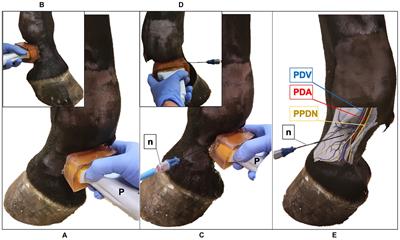
ORIGINAL RESEARCH
Published on 23 Jul 2024
ORIGINAL RESEARCH
Published on 19 Jun 2024
ORIGINAL RESEARCH
Published on 25 Apr 2024
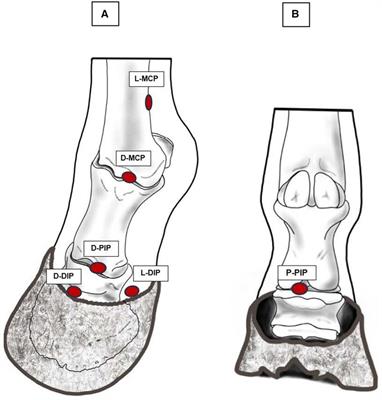
ORIGINAL RESEARCH
Published on 20 Mar 2024
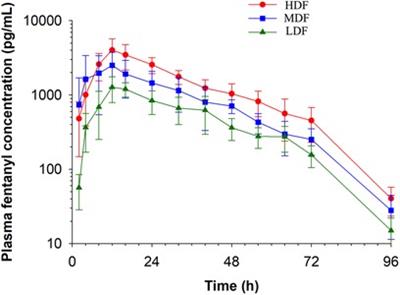
ORIGINAL RESEARCH
Published on 11 Mar 2024
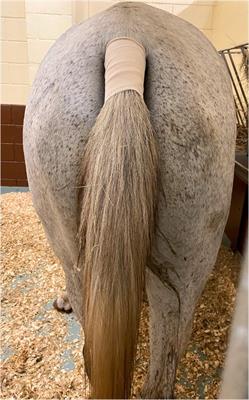
ORIGINAL RESEARCH
Published on 19 Feb 2024
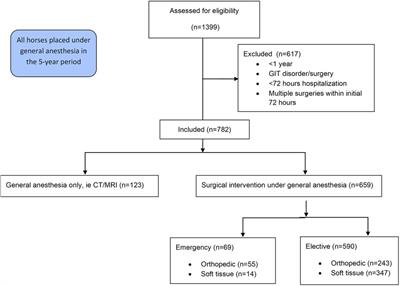
ORIGINAL RESEARCH
Published on 19 Jan 2024

ORIGINAL RESEARCH
Published on 12 Jul 2023
